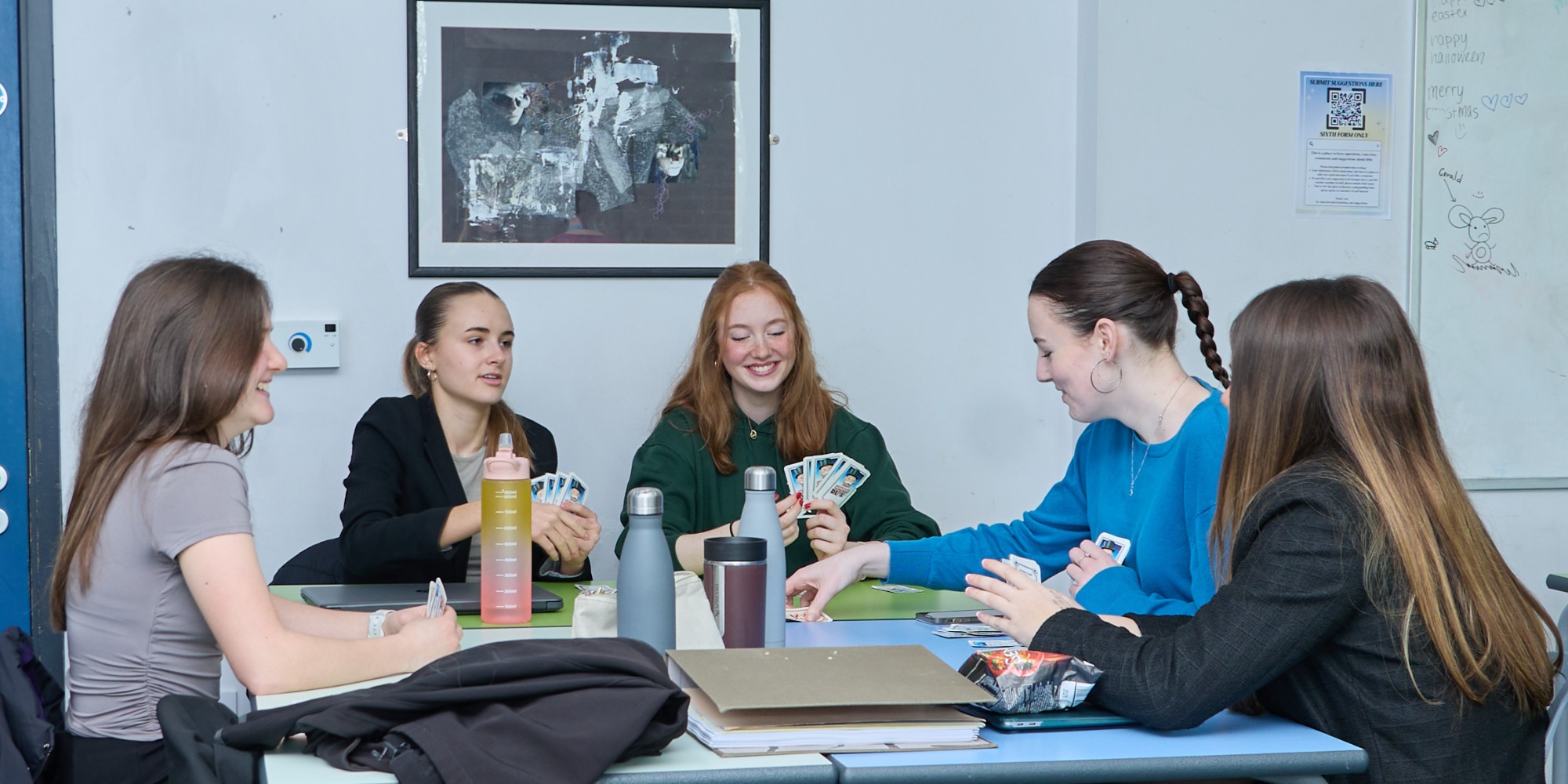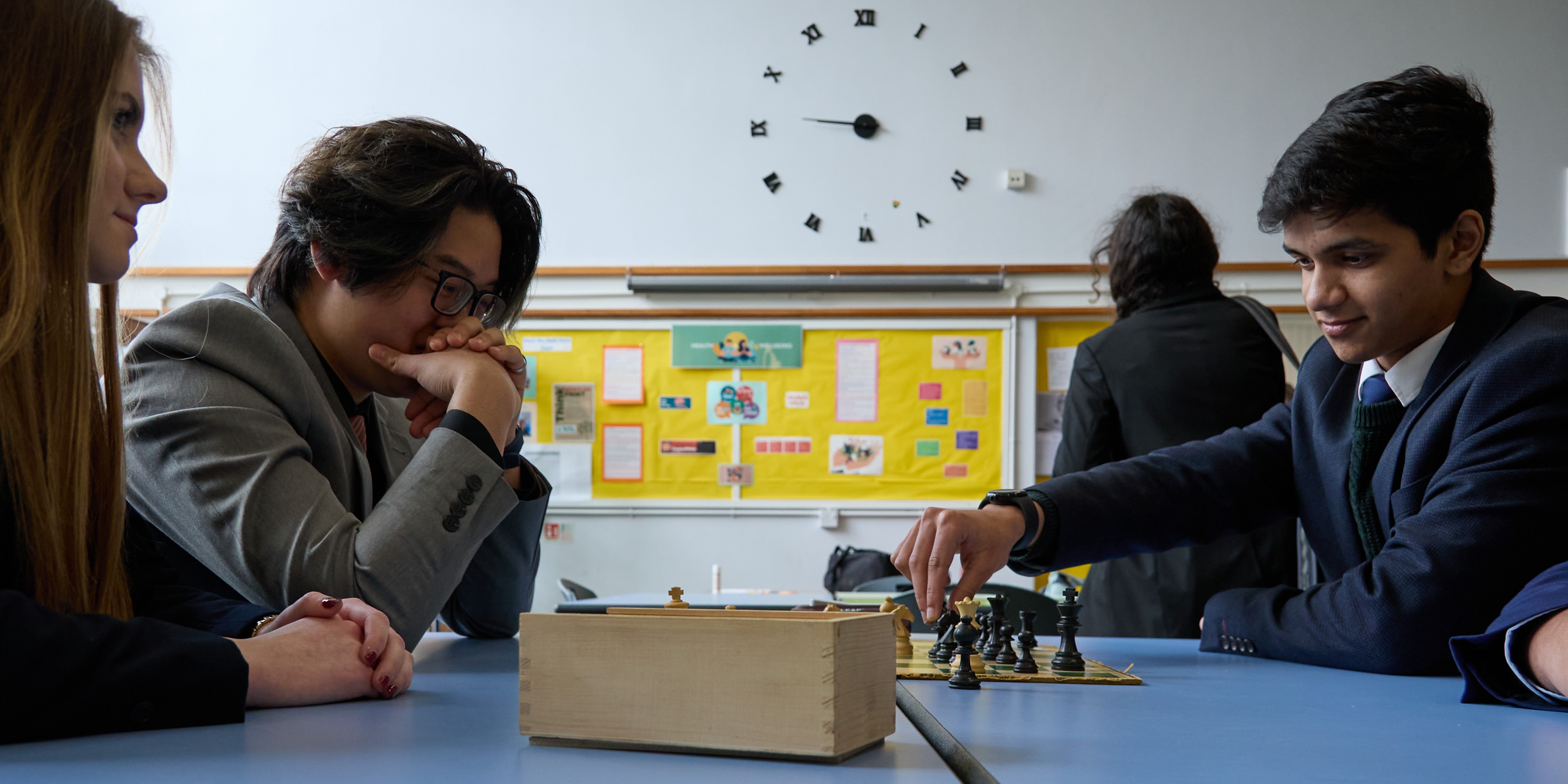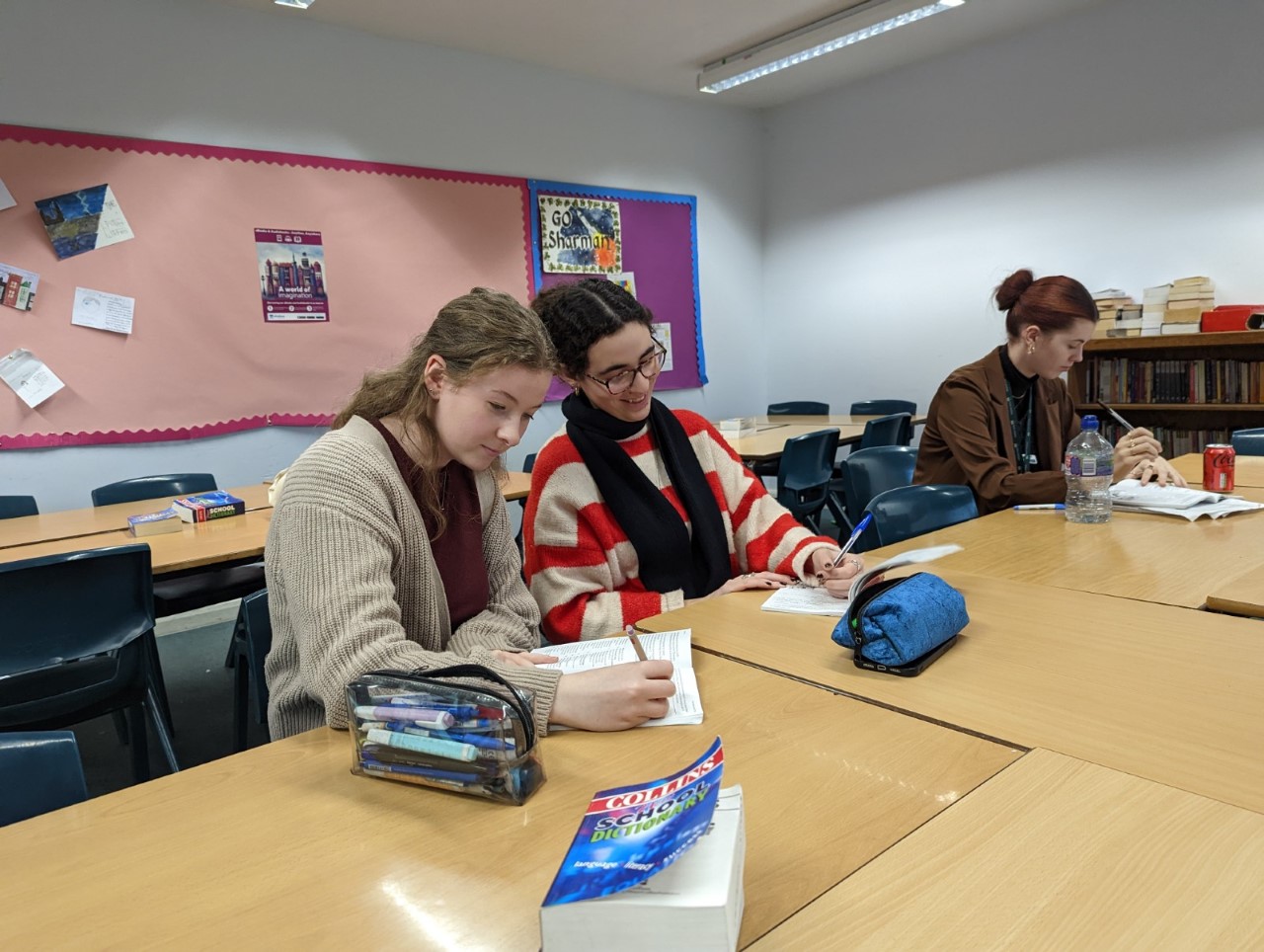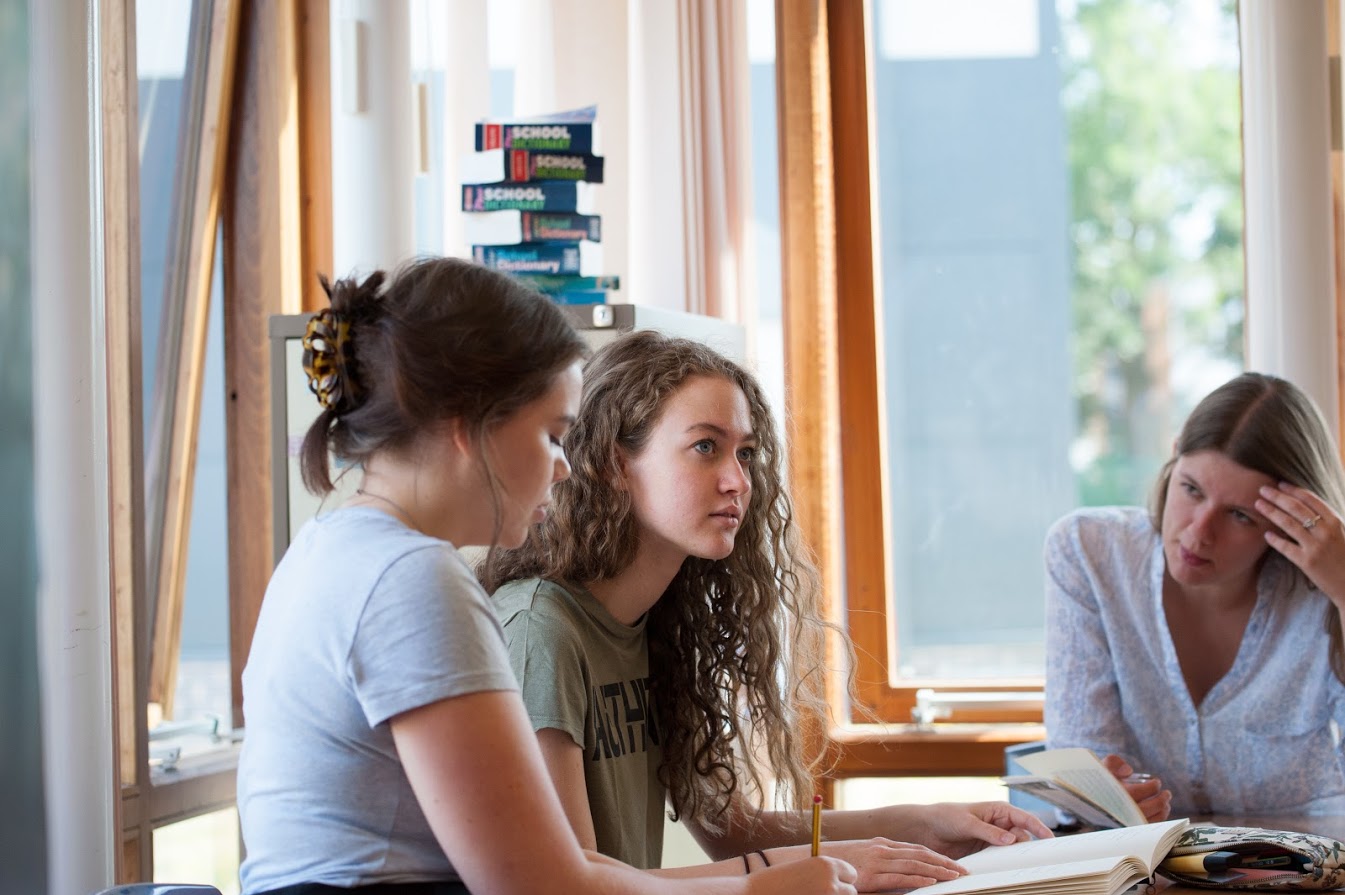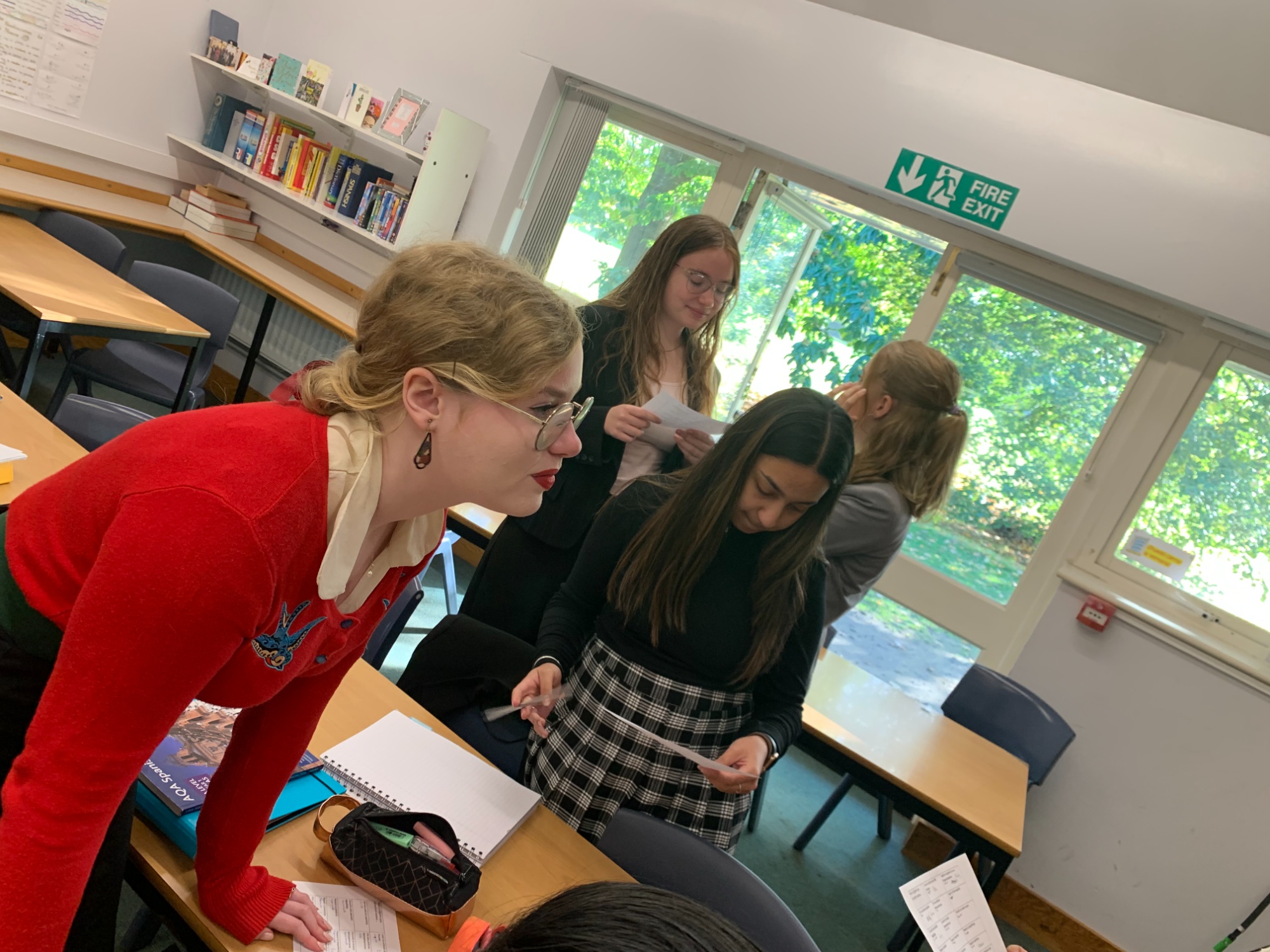History
Watch our video
what our students say
"I chose to study History because I really enjoyed the subject at GCSE and I like learning about why people made the  decisions they did in the past. One of the things I like best about it is the teachers, each lesson is fun and engaging and if I need help, they are all more than willing to help out whenever they are free. Next year I am planning to go to university and study speech and language therapy. History has enabled me to develop my critical thinking and analytical skills in both writing essays and in-class discussions and debates." Ella Taylor
decisions they did in the past. One of the things I like best about it is the teachers, each lesson is fun and engaging and if I need help, they are all more than willing to help out whenever they are free. Next year I am planning to go to university and study speech and language therapy. History has enabled me to develop my critical thinking and analytical skills in both writing essays and in-class discussions and debates." Ella Taylor
Exam Board: Edexcel
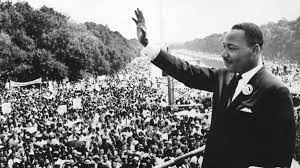
Course overview
1. In Search of the American Dream, c1917 – 96 (30% of A Level)
This component covers the changing political landscape of the USA and how this was affected by events such as the Vietnam War or the character of individual presidents. It also encompasses the social changes that took place such as the push for civil rights for African-Americans, those of Hispanic heritage and legislation aiming at LGBTQ+ equality.
2. India c1914-48: the road to independence (20% of A Level)
This topic will enable students to learn about the impact that British rule had on India and how that relationship was altered by both peaceful and confrontational methods, resulting in independence and partition.
3. Ireland and the Union, c1774 – 1923 (30% of A Level)
Within Unit 3 students will study the changing relationship between Britain and Ireland. They will look at the campaign for greater autonomy and the reaction to this across the period. They will also study some aspects in depth such as the Irish Famine in the 1840s.
4. Coursework (20% of A Level)
Students will be given a choice of topic for coursework such as the Russian revolutions of 1917, the extent of dictatorship in Communist Russia and the origins of WW1. Coursework involves a student investigating their chosen area and interpreting the views of historians in this field. Students will produce a final piece of work of between 3,000-4,000 words.
Who should consider History?
There are some careers for which History is one of the most useful subjects to have taken at school, notably law, the civil service, local government, journalism, teaching, librarianship, or the Armed Forces. However, since History develops analytical and reasoning skills , many careers are open to students with a History A Level or university degree.
Assessment
Modules 1, 2 and 3 are examined at the end of Year 13. These exams range from 1 hour 30 minutes to 2 hours 15 minutes in duration. All of these exams involve essay writing in depth and breadth and source evaluation. Module 4 is assessed by a single piece of coursework written in Year 13; internally marked and moderated and then externally moderated.
Entry requirements
Students must have at least a grade 6 in GCSE History or a grade 6 in English if History has not been studied at GCSE. The A Level History course is rigorous in its demands on students, who will be expected to take clear and precise notes, critically evaluate sources, contribute to class discussion and analyse the significance of information. Key assets for A Level historians include n enquiring mind and an eye for detail as well as good communication skills, both on paper and in person.
Contact Ms Richmond, Head of Department


